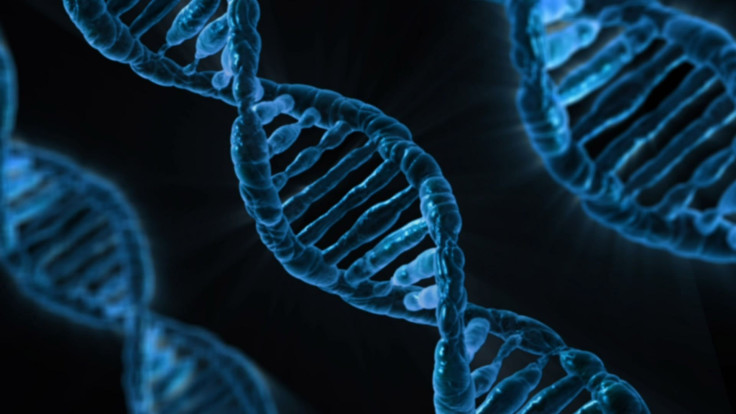From Preventing Side Effects To Sequencing Babies, 5 Ways Precision Medicine Will Change How Doctors Treat Patients

When researchers sequenced the first human genome 12 years ago, they took the first step toward individualizing medicine on a scale like never before. Genomics has come a long way since then, and from Sept. 20 to 23, genetics experts from around the world attended the 4th Annual Individualizing Medicine Conference at the Mayo Civic Center in Rochester, Minn., to collaboratively discuss the future of public health precision.
"What's in it for you?" Florida’s Mayo Clinic Vice President Gianrico Farrugia asked a crowd of health providers. "Individualized or precision medicine offers help for your medical practice today. You can take advantage of these advances to help your patients, to better diagnose, treat, or prevent illness right now."
The goal for the leaders of precision medicine centers around the world (not just the Mayo Clinic) is to provide a correct diagnosis, tailored treatment, or prevent a disease entirely based on a combination of the patient’s DNA sequence, diet, exercise, and habits. In January 2015, President Obama announced the White House’s financial backing of the Precision Medicine Initiative and the National Institutes of Health announced its plan to carry out the initiative.
“This is the year of precision medicine,” Dr. Keith Stewart, director of the Center for Individualized Medicine in Florida, told the audience. “Now our job is to help deliver individualized medicine to the bedside of all our patients. There is no doubt in my mind that in 20 years everyone will have opportunity to have their genome sequenced.”
Patients who’ve had their genomes sequenced will no longer have to be treated for a disease with a trial-and-error or one-size-fits-all approach. Tailoring medical treatments for individual patients will inevitably improve outcomes and even prevent future disease diagnoses. If doctors have a patient’s entire genomic sequence available in their medical records, they could be able to find better drug and cancer treatments, leading to better outcomes, more accurate diagnoses, and fewer babies born with disease. Though Farrugia highlighted five changes that will occur in the immediate future of medicine, there are other ways in which genomics and personalized care will surpass expectations.
5 Ways Precision Medicine Is Changing Health Care
1. Prevents Drug Side Effects: By having a patient’s DNA sequence, doctors will be able to compare how their genetic makeup will react to different drug treatments. Humans metabolize drugs differently, even if it’s something as typical as a cup of caffeinated coffee or cough syrup. This is also why giving a specific patient the right treatment is at the forefront of the initiative.
2. Predicts Risk of Disease: When a disease occurs within the body, it’s due to a mutation that’s either germline or somatic. Germline mutations tend to be passed on from generation to generation through DNA, while somatic mutations are not passed along at all. If doctors can look at a patient’s genetic information, they can locate a disease-specific mutation and provide an accurate risk assessment.
3. Diagnoses Mystery Diseases: For some, diagnosing their disease can be especially difficult when there are hundreds of thousands of diseases to weed through and many symptoms crossover. Sequencing a patient’s DNA will allow doctors to see their disease susceptibilities and compare any mutations to other patients with rare diagnoses.
4. Liquid Cancer Diagnoses: Science is getting closer to enabling doctors to make a cancer diagnosis based on fluid in the body. Patients will no longer need to undergo a tissue biopsy of the cancer cells themselves once doctors can examine their DNA and the cancer’s specific genetic profile.
5. DNA Prenatal Testing: Before a child is born, the baby’s DNA can be sequenced with non-invasive techniques. This is already available and allows parents and doctors to make a variety of genetic alterations before the baby is even born.



























